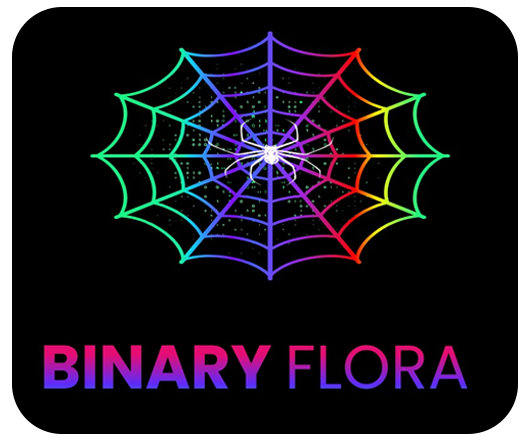The history of Ireland stretches back over 9,000 years, with evidence of early human settlement dating back to 7,000 BCE. The first known inhabitants of Ireland were hunter-gatherers, who gradually began to settle into farming communities during the Neolithic period (4,000 BCE).
In the centuries that followed, Ireland was invaded and settled by various groups, including the Celts, Vikings, and Normans. These groups left a lasting impact on Irish culture, language, and society. The arrival of Christianity in the 5th century also had a profound influence on Irish life, leading to the establishment of monasteries and the spread of the Gaelic language.
In the late medieval period, Ireland was ruled by a series of Gaelic kingdoms, which were eventually conquered by English forces led by Henry II in the 12th century. English control of Ireland grew over the next few centuries, with the Tudor monarchs introducing new laws and policies aimed at establishing greater control over the island.
The 17th century saw the arrival of thousands of Protestant settlers from Scotland and England, leading to conflicts between the Protestant and Catholic communities that would persist for centuries. In the 18th century, Ireland became increasingly integrated into the British Empire, with Irish politicians playing a key role in the British Parliament.
The 19th century saw the emergence of Irish nationalism, with growing calls for Irish independence from British rule. The Easter Rising of 1916, led by a group of Irish nationalists, marked a turning point in Irish history and paved the way for the establishment of the Irish Free State in 1922.
In the years that followed, Ireland struggled with issues such as sectarianism, economic instability, and the Troubles, a period of violence and conflict between Northern Ireland’s Protestant and Catholic communities. The Good Friday Agreement of 1998 helped to bring an end to the Troubles and established a power-sharing government in Northern Ireland.
Today, Ireland is a modern, prosperous country with a rich cultural heritage and a diverse population. The country’s history continues to shape its identity and inform its policies, with many Irish people remaining deeply committed to issues of national sovereignty, identity, and equality.
